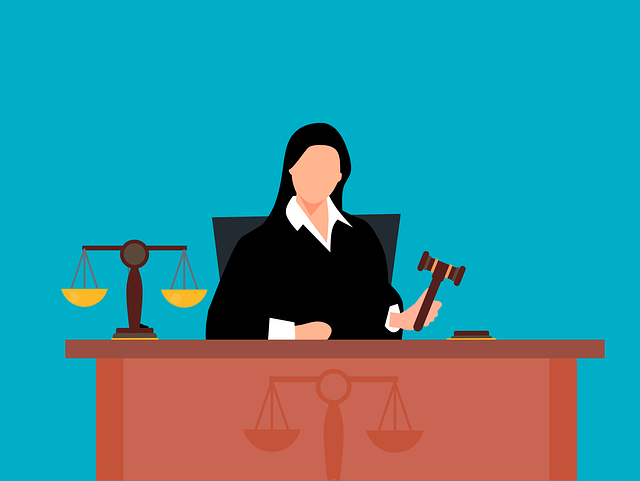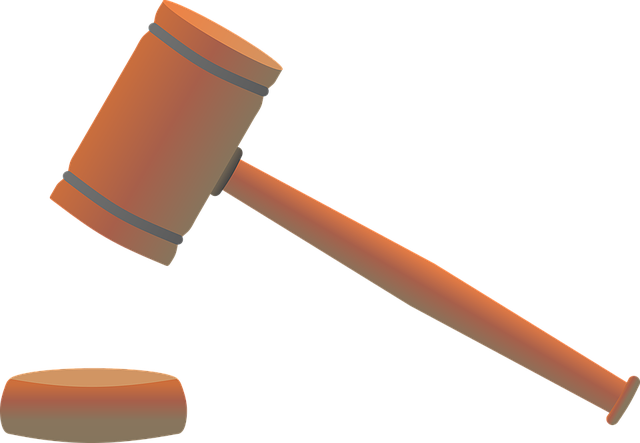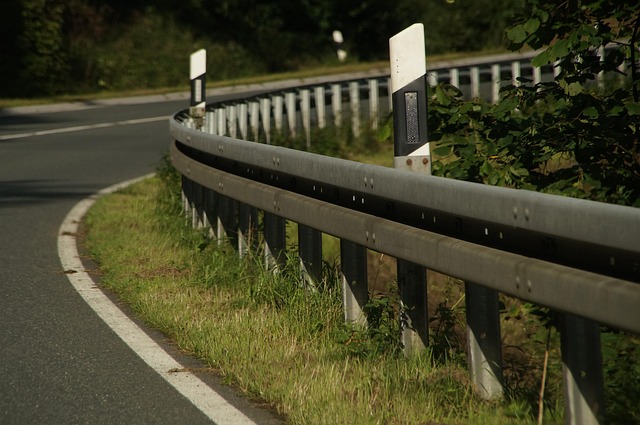In product liability cases, settlements offer a collaborative, cost-effective alternative to court trials. Skilled attorneys guide clients through evidence gathering and negotiations, securing tailored compensation for injuries and damages. Alternative Dispute Resolution (ADR), particularly mediation, facilitates open communication between claimant and defendant, leading to mutually acceptable settlement agreements without litigation. A strategic approach combining efficient case evaluation, skilled negotiation, and client-centricity ensures favorable product liability settlements outside of court, faster and more cost-effectively.
Product liability settlements offer a strategic alternative to costly and time-consuming court trials. This comprehensive guide explores how individuals affected by defective products can achieve fair compensation without going to court. We delve into the process of understanding product liability settlements, examine various dispute resolution methods, and provide essential strategies for negotiating successful out-of-court settlement agreements. By avoiding litigation, claimants can efficiently resolve claims and access the compensation they deserve.
- Understanding Product Liability Settlements
- Avoiding Court Trials: Alternative Dispute Resolution Methods
- Strategies for a Successful Out-of-Court Settlement Agreement
Understanding Product Liability Settlements
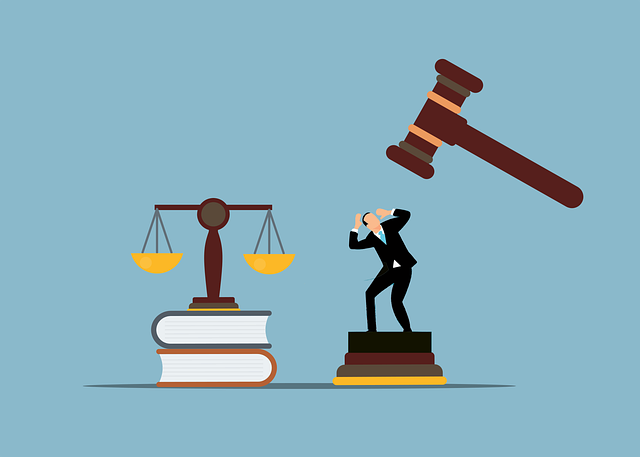
In the realm of product liability law, a settlement is a mutually agreed-upon resolution between the plaintiff (the individual harmed by a defective product) and the defendant (the manufacturer or seller). This alternative to a court trial allows both parties to avoid the lengthy and often costly process of litigation. A successful product liability settlement can provide much-needed compensation for victims of defective products, ensuring they receive fair reimbursement for their injuries, medical expenses, and other associated damages.
A truck accident attorney specializing in product liability cases plays a crucial role in negotiating these settlements. They help clients understand their legal rights and options, gathering evidence to support the claim, and advocating on their behalf throughout the process. By recognizing the potential for a wrongful death settlement or compensation for severe injuries caused by defective products, skilled legal counsel can guide individuals towards achieving justice outside of the courtroom, ensuring they receive a product liability settlement that meets their unique needs and circumstances.
Avoiding Court Trials: Alternative Dispute Resolution Methods
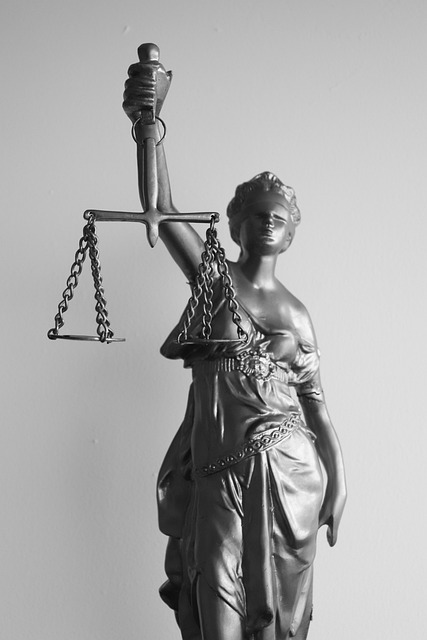
Avoiding lengthy and costly court trials is often a top priority for both product liability claimants and defendants. Alternative Dispute Resolution (ADR) methods offer a more efficient, cost-effective, and mutually agreeable way to resolve such cases out of court. These processes can significantly reduce the time and financial burden on all parties involved.
One popular ADR method is mediation, where a neutral third party, known as a mediator, facilitates negotiations between the claimant and defendant. In the context of product liability settlements, a truck accident attorney or personal injury attorney may propose mediation to their client and the opposing party. This allows for open communication, encourages collaborative problem-solving, and can lead to a mutually acceptable settlement agreement without the need for a trial.
Strategies for a Successful Out-of-Court Settlement Agreement

Securing a product liability settlement outside of court can be a strategic move for both plaintiffs and defendants, offering numerous advantages over lengthy and costly legal battles. To achieve a successful out-of-court agreement, several key strategies should be employed. One of the primary goals is to foster open communication between all parties involved. This includes encouraging honest disclosures of relevant facts and evidence, which can help in reaching an informed decision. Negotiation skills are paramount; both sides must be prepared to listen, understand opposing arguments, and find common ground.
Additionally, understanding the client’s needs and priorities is essential for crafting a settlement that satisfies them. For instance, in cases involving elder abuse or vulnerable populations, ensuring their safety and well-being post-settlement should be a top concern. By combining efficient case evaluation, skilled negotiation tactics, and empathy towards clients, legal professionals can navigate complex product liability issues and secure favorable outcomes without the need for prolonged business litigation.
In conclusion, achieving a successful product liability settlement outside of court not only saves time and legal fees but also provides a faster resolution. By utilizing alternative dispute resolution methods, parties can focus on reaching an agreement that compensates victims fairly while avoiding the extensive process and potential costs of litigation. This strategic approach allows for a more efficient and amicable outcome in product liability cases.

